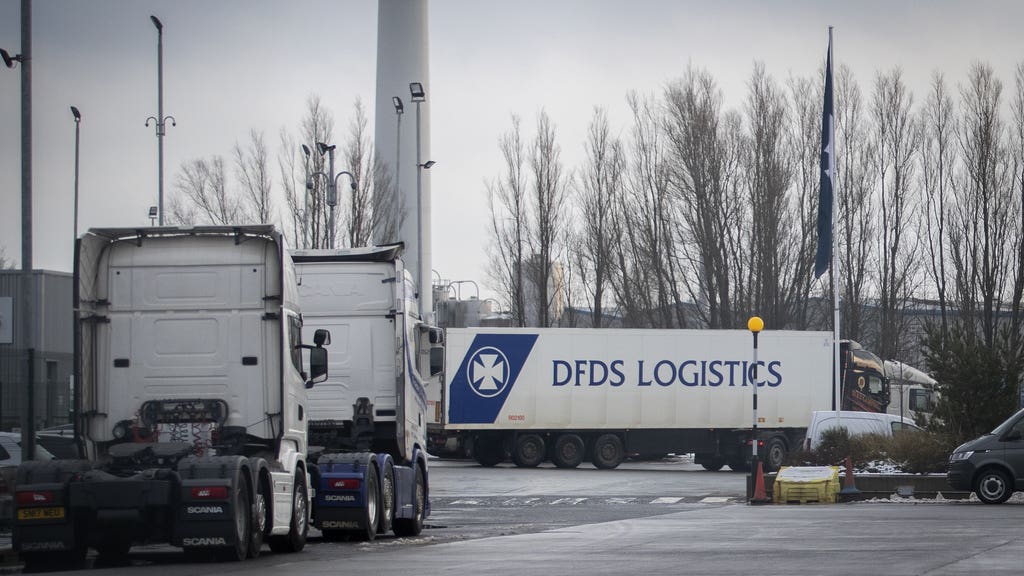Shipments of goods from the UK to Europe have been held up for hours because of the type of ink used in a stamp, MSPs have been told.
Ian McWatt of Food Standards Scotland (FSS) complained about the inconsistency with which new rules, brought in at the end of the Brexit transition period, are being applied.
He said there was a “huge degree of inconsistency” in how border control posts in the Netherlands and France were treating consignments.
He claimed some loads “sailed through on day one and they were held up for six hours the following day because the ink that was used on the stamp didn’t meet the importing officer’s requirement”.
The agency is raising the issue with the UK Department for the Environment, Food and Rural Affairs, hoping the European Commission will take a more consistent approach, he said.
“What has been created is a system to destroy exporting. There is absolutely nothing easy about what industry is being asked to do.”
Andrew Charles, J Charles Sustainable Seafood
His comments came as the boss of a seafood firm told MSPs on Holyrood’s Rural Economy Committee that Britain’s trade deal with Europe had created a “system to destroy exporting”.
Andrew Charles of Aberdeen company J Charles Sustainable Seafood complained that the paperwork needed for firms to sell goods to customers in Europe is “incredibly complicated and open to interpretation”.
He said: “The whole thing, whoever sat down and considered this to be a reasonable, free export system has really got to question what is going on here.
“What has been created is a system to destroy exporting. There is absolutely nothing easy about what industry is being asked to do.
“We were prepared, we were ready to go, we had everything in place. But a lot of the stuff we have been hit with has been open to interpretation, it has been different from one checkpoint to another.
“The haulage companies have been battered from pillar to post trying to get our product through.”
Since the end of last year, Scotland’s fishermen and seafood industry have raised concerns about the impact leaving the EU has on sales to the continent.
Eddie Green of logistics firm DFDS, one of the firms transporting goods from the UK to Europe, told the committee: “It is easier to export to the Far East than it is to export to continental Europe right now.”
“We’re taking truckloads of fish into France – some of them are receiving a full turnout, full examination of the goods. Others just having a cursory check… the back doors are opened and the goods are looked at.
“Bear in mind we are taking the same products from the same customers to the same destinations day in, day out.”
Mr McWatt said staff working in FSS logistics hubs had had “an horrific task” going through paperwork, trying to help firms, but it had prevented longer hold-ups, which could have seen consignments of food dumped.
He added: “We’re finding… missing supplier declarations, there are incorrect identification marks and labelling issues, there are incorrect batch numbers, incorrect weights, incorrect commodity codes. There are errors in product schedules, there are incorrect importer details, incorrect approval numbers, incorrect destinations being put on paperwork.
“And every single one of these errors or missing paperwork creates pressure in the system.
“Had it not been FSS staff going through some of the loads with a fine toothcomb, we would have seen some loads held up for much longer in continental Europe, we would have seen consignments being conferred to landfill.”
Follow STV News on WhatsApp
Scan the QR code on your mobile device for all the latest news from around the country


 PA Wire
PA Wire

























